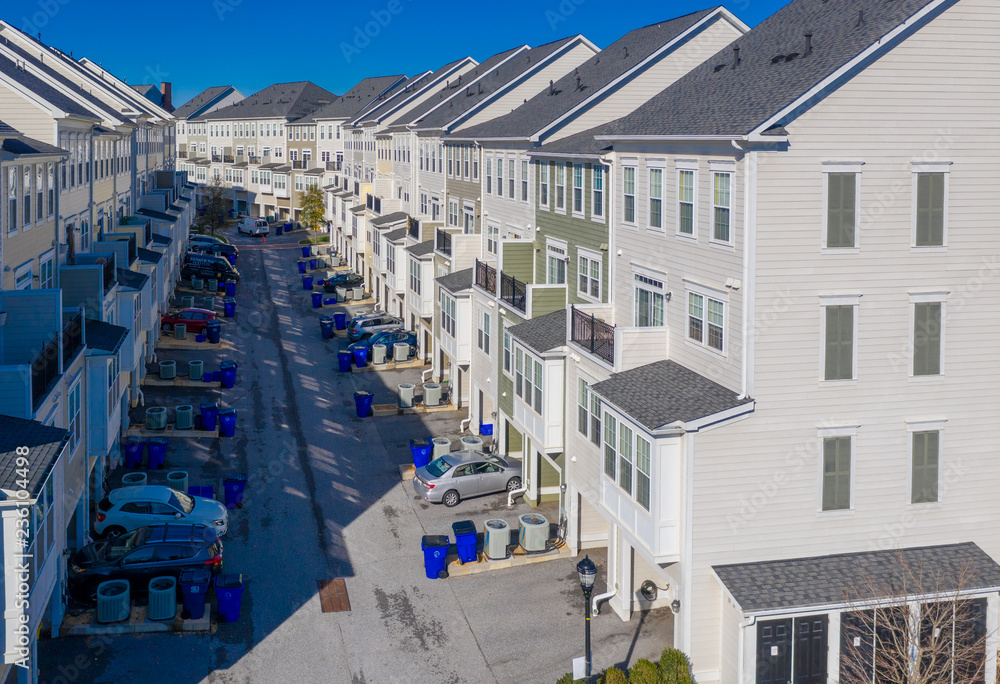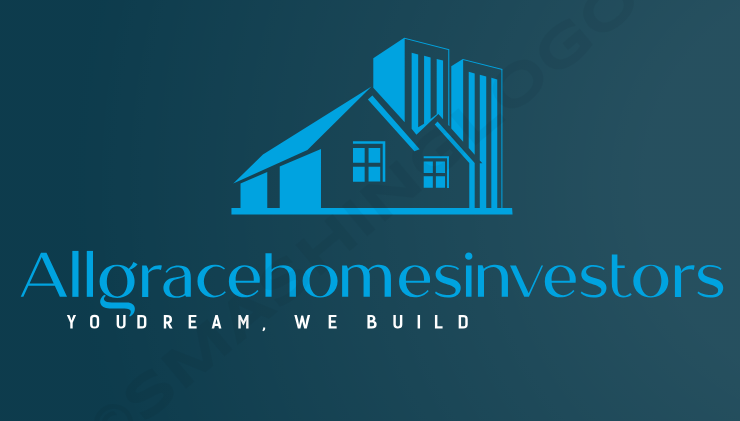
Property investment is the process of acquiring and managing real estate with the goal of generating income and/or appreciation. This can be done in a number of ways, such as buying and renting out a single-family home, purchasing and renovating a property to sell for a profit, or developing and selling a new construction property. There are many different types of real estate investments, and North Carolina offers a variety of opportunities for investors.
North Carolina’s robust economy, affordable cost of living, and mild climate make it an ideal location for real estate investment. The state’s diverse job market attracts workers from all over the country, and its scenic beauty and mild climate make it a popular place to live and vacation. Whether you’re looking to invest in residential or commercial properties, North Carolina has something to offer. But before we get into the specifics, let’s take a look at the history of real estate in North Carolina…
Types of Property Investment In NC
Single-family homes.
Investing in single-family homes is one of the most popular and straightforward types of property investment. Investors purchase a single-family home, often with the intention of renting it out to generate income. In North Carolina, single-family homes are especially popular in the Raleigh-Durham area, Charlotte, and the coastal cities of Wilmington and Myrtle Beach. We can also talk about multi-family homes, commercial properties, and land investment if you’re interested.
Multi-family homes.
Multi-family homes, such as duplexes, triplexes, and apartment buildings, allow investors to earn rental income from multiple units. This can be a great way to generate income while also having the potential for long-term appreciation. Multi-family homes are popular in North Carolina’s larger cities, as well as in college towns like Chapel Hill and Asheville.
commercial properties.
Commercial properties include office buildings, retail spaces, warehouses, and more. Investing in commercial properties can be a great way to generate income through leases and rental agreements. Some popular areas for commercial property investment in North Carolina include Charlotte, Raleigh-Durham, and the Triad region (Greensboro, Winston-Salem, and High Point).
land investment.
Land investment can be a great way to diversify a portfolio and earn passive income. Investors can purchase land and lease it to farmers or developers, develop the land themselves, or hold it for long-term appreciation. North Carolina has a diverse range of land types, including coastal property, farmland, timberland, and more.
- Coastal property. North Carolina’s coastal areas, such as the Outer Banks and the Crystal Coast, are popular tourist destinations. This makes them ideal for vacation rental properties or properties that can be sold to people looking for a beach home. Coastal properties also tend to have high appreciation potential.
- North Carolina has a strong agricultural industry, and farmland is a popular investment option. Leasing farmland to farmers can be a stable source of income, and it can also provide tax benefits. Timberland is another type of land that is popular in North Carolina. The state’s forests are a major source of timber products, making timberland a valuable investment.
Benefits of Investing in NC
- Low property taxes. North Carolina has some of the lowest property taxes in the country, making it an attractive place to buy and hold property. The state’s quality of life is another benefit. North Carolina is consistently ranked as one of the best places to live in the country. It has excellent schools, healthcare, and recreational opportunities.
- Strong economy. The unemployment rate in North Carolina is lower than the national average, and the state has a diverse range of industries, including technology, healthcare, manufacturing, and finance. This makes it a resilient place to invest, even during economic downturns. Last but not least, North Carolina’s business-friendly environment is another benefit for investors. The state has low corporate taxes and a welcoming attitude towards businesses.
The biggest cities in the state are Charlotte, Raleigh, and Greensboro. Charlotte is the largest city and is a major financial center. It’s home to several Fortune 500 companies and has a thriving tech scene.
Charlotte has a lot to offer investors. One of its main advantages is its low cost of living. The cost of living in Charlotte is lower than the national average, which makes it a more affordable place to invest in real estate. Another advantage is the city’s strong job market. Charlotte has a diverse economy, with a strong tech sector and a growing financial sector.
The city has several distinct neighborhoods, each with its own character. Some of the most popular neighborhoods for investors are Uptown, South End, Dilworth, and NoDa. Uptown is the heart of the city, and it’s home to many of the city’s major businesses and attractions. South End is a hip, up-and-coming neighborhood with a vibrant nightlife scene. Dilworth is a historic neighborhood with tree-lined streets and charming houses. And NoDa is a creative, artsy neighborhood with a growing food scene.
Raleigh is known for its universities and tech companies, and it’s been ranked as one of the best places to live in the country. Raleigh is the capital of North Carolina and is known as the “City of Oaks” for its many oak trees. Like Charlotte, Raleigh has a strong job market and a low cost of living. Some of the most popular neighborhoods for investors are Downtown, Glenwood South, and North Hills. Downtown is the center of the city, and it’s home to the state capitol, the North Carolina Museum of Art, and many historic buildings. Glenwood South is a hip, urban neighborhood with a great nightlife scene. And North Hills is a bustling shopping and dining district.
. Greensboro is a smaller city, but it has a low cost of living and is known for its diverse economy. Greensboro is a mid-sized city that’s known for its universities, parks, and rich history. Some of the most popular neighborhoods for investors are Downtown, Lindley Park, and Lake Jeanette. Downtown is the heart of the city, and it’s home to many businesses and cultural attractions. Lindley Park is a historic neighborhood with tree-lined streets and beautiful homes. And Lake Jeanette is a popular neighborhood for its lakeside location and access to outdoor recreation.
Challenges
Absolutely! Now that we’ve talked about the benefits of investing in North Carolina real estate, let’s talk about the challenges. One challenge is that the state has a high rate of property taxes. Another challenge is that the market is competitive, and it can be difficult to find properties at a good price. And finally, the cost of living in North Carolina has been increasing in recent years.
Solutions:
Look for properties that are eligible for tax breaks, such as homestead exemptions or agricultural exemptions. Another solution is to buy a property in a county with lower property taxes. In terms of the competitive market, one solution is to work with a real estate agent who has experience in the North Carolina market. And finally, in terms of the increasing cost of living, one solution is to find a property that’s in a more affordable area of the state.
Process
The process of actually buying a property. The first step is to get pre-approved for a mortgage. This will help you to know how much you can afford to spend on a property. The next step is to find a real estate agent who can help you find the right property. And finally, you’ll need to make an offer on the property and go through the closing process.
Bottom Line
Investing in North Carolina real estate can be a great way to build wealth, but there are challenges to consider. The most important thing is to do your research and make sure you understand the market before you make an investment. With careful planning and the right strategy, you can make a successful investment in North Carolina real estate.
Check out the North Carolina Real Estate Commission website, which has information on the laws and regulations for real estate in the state. Second, you can visit the websites of the cities you’re interested in to learn more about the local real estate market. And finally, you can check out the websites of local real estate agents to learn more about their services. Does that sound helpful?



0 Comments